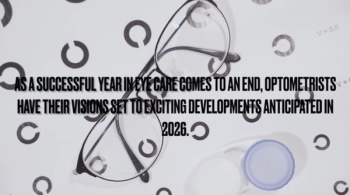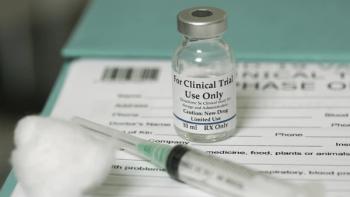
IgG antibodies persistent in COVID-19 patients on hemodialysis
Investigators report that maintenance hemodialysis does not seem to impact the effectiveness of vaccines against the COVID-19 virus in most study patients.
Maintenance hemodialysis does not seem to impact the effectiveness of the Pfizer and AstraZeneca vaccines against the COVID-19 virus in most study patients,1 reported Waleed H. Mahallawi, MSc, PhD, from the Medical Laboratory Technology Department, College of Applied Medical Sciences, Taibah University, Madinah, Saudi Arabia, and colleagues.
This finding by Mahallawi and colleagues is important because of the fragility of patients on hemodialysis and their immunosuppressed condition.
One study reported recently that along with the decrease in kidney function, there appears to be poorer vaccine responsiveness.2
However, definitive information about this patient population and the efficacy of the vaccines is lacking.
In light of the dearth of information, the investigators evaluated 119 adults (mean age, 48.5 years; mean time on hemodialysis, 5.09 years) on hemodialysis from 1 hemodialysis center in Madinah, Saudi Arabia.
The specific antibody responses to the spike protein in the serum samples from the patients were measured using an enzyme-linked immunosorbent assay. The blood samples were collected a mean of about 90 days after the second vaccine dose was administered.
Mahallawi reported that a very high positive correlation between anti-S IgG antibodies before and after dialysis was found (rs = 0.93, p < 0.001).
There also was a high positive correlation between anti-S IgG antibody collected at baseline and follow-up blood samples (30 days apart) (rs= 0.82, p < 0.001).
The Pfizer vaccine was associated with a significantly higher mean change in anti-S IgG antibodies compared to that associated with the AstraZeneca vaccine (0.41 ± 0.94 vs 0.03 ± 0.30, respectively, p = 0.026).
The investigators reached the conclusion that most study patients “were able to yield an immune response to the vaccine after receiving the two doses. Persistence of IgG antibodies in the majority of the patients on [hemodialysis] in response to COVID-19 vaccines is encouraging in terms of continuing to vaccinate this category of patients in addition to monitoring them.”
References
1. Mahallawi WH, Ibrahim NA, Mumena WA. Effectiveness of COVID-19 vaccines in patients under maintenance hemodialysis. Risk Manag Healthc Policy 2021;14:5081-8
2. Krueger KM, Ison MG, Ghossein C. Practical guide to vaccination in all stages of CKD, including patients treated by dialysis or kidney transplantation.Am J Kidney Dis 2020;75:417–425. doi:10.1053/j.ajkd.2019.06.014
Newsletter
Want more insights like this? Subscribe to Optometry Times and get clinical pearls and practice tips delivered straight to your inbox.













































.png)


